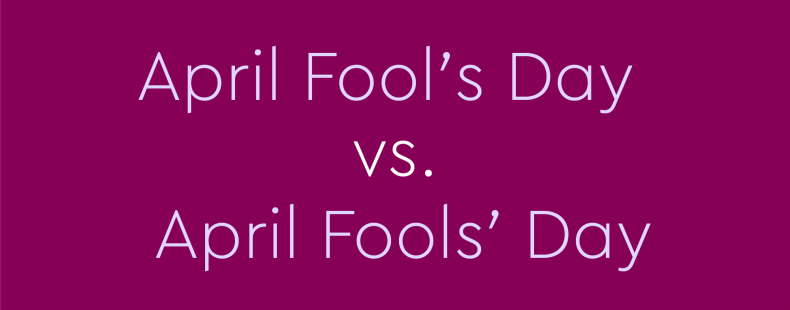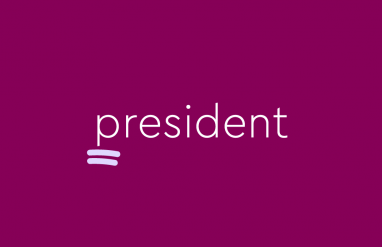Fool me once, shame on you. Fool me twice, shame on me. … Fool me three times and it must be April Fools’ Day!
While you may be feeling the urge to play a practical joke on someone (not us, we hope), there’s one matter we need to discuss before we dive into the nonsense of this day dedicated to pranksters.
You may have noticed that people write this day as April Fools Day, April Fool’s Day, or April Fools’ Day. Have you wondered who is writing it right and who has been fooled?
April Fools’ punctuation rules
The conventional way of formatting the name is April Fools’ Day, and you may already know this if you’re an apostrophe master. A lone apostrophe after an S indicates a plural possessive, and you will see plenty of fools, plural, on April Fools’ Day. If it were April Fool’s Day, that would imply there is only one April Fool—which would be no fun at all!
Some jokers may call it All Fools’ Day. If you are one of these comedians, remember to put the apostrophe after the S. (The name All Fool’s Day only makes grammatical sense if there is a person named “All Fool” running around somewhere.
Remember, an apostrophe followed by an S is used with singular possessives.
Originally, there was no debate about how to punctuate the holiday at all: the first written evidence for the day comes near the mid-1700s and calls it April Fool Day. April Fools’ Day is recorded later, in the 1800s.
Laugh away your grammar woes with Grammar Coach™
If pesky punctuation marks often make you look like a fool, Grammar Coach™ will ensure that you won’t be the butt of grammar jokes by guaranteeing every apostrophe is where it is supposed to be. Grammar Coach™ is great for capitalization, too, so it will make sure you are the one having the last laugh when someone writes April fools’ day.
Other words for fools
Sometimes, you might need other words for fool—you know, when you are trying to be … nice?
Thesaurus.com’s Grammar Coach™ can help you out with its Synonym Swap which will swap fool out for some great alternati—ahem, alert you to other mean words to avoid like nitwit or clown.
Grammar Coach™ is great for antonyms, too, so you can modestly refer to your unfoolish self with the proper words such as genius, intellectual, or intelligentsia.
With all these tools at your disposal, you’ll never be a grammar fool—in April or any other month!















